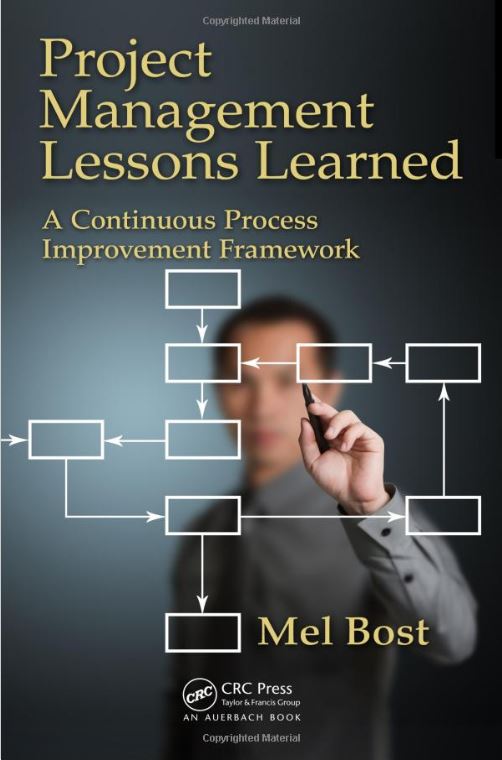 Why is “Success” magazine so successful?
Why is “Success” magazine so successful?
Is it because the articles are so skillfully written that readers feel compelled to read the magazine cover to cover?
Is it because the insights are so insightful that no reader can resist the articles?
Is it because John C. Maxwell always seems to grace their pages with his deep insights into Leadership?
No.
It’s because everybody, no matter what their chosen field, or discipline, or career path, wants to “get better” and to “improve” their performance and their happiness in their chosen field. People are searching every day for that bit of wisdom that will give them a clue about their own lives and their own happiness.
And you as a reader of this blog are no exception.
It’s why you have accessed this website. If you are a seasoned project manager, an aspiring young project manager, or a practitioner from another discipline or field, the idea that something “learned” may contribute to your achievement and happiness is important.
And “project lessons learned” is even more important because everyone takes on “projects” large and small, formal and informal, approved and unapproved, budgeted and unbudgeted, every single day.
I have been studying and writing about project lessons learned for a number of years. I helped a major Fortune 500 company develop a robust project lessons learned process and framework for their PMO organization. I have contributed to several podcasts on the subject that have been well received by the project community.
Dan Pink’s work on “drive” is also very relevant here. In studying groups that are engaged in highly complex work with significant intellectual content, he has found that three major motivators are at work:
1. Autonomy: This is the need for self-direction, the need to determine what and when a person will pursue in order to reach his own goals and objectives.
2. Mastery: People want to master their chosen “discipline” or field. In the case of project managers, mastery means project managers want to pursue project lessons learned as the culmination of a successful project, as the pinnacle of sharing experiences and insights with the project community.
3. Purpose: People engaged in highly complex and intellectual work seek a higher purpose than just the profit motive for their efforts. They want to know that the larger community of which they are a part will benefit from their efforts. In the case of project lessons learned, they want to know that the project community will benefit long-term from the capture, documentation, and sharing of lessons learned.
Early in 2011, I predicted that we would see more Program Management Offices (PMOs) focusing on Project Lessons Learned as a primary rather than a secondary focus (as has been the case in the recent past).
My interactions with many PMOs have revealed that this prediction is becoming true–more organizations are seeking to close-out projects in a more formal, systematic, and documented manner. Project Lessons Learned is an excellent framework to follow when closing-out projects.
There is no doubt that those organizations who successfully “convert” Project Lessons Learned into process improvements will gain a competitive advantage.
I just got back from working with the Construction Division of the Panama Canal Authority. They hired me to train them on a Framework for developing Project Lessons Learned. I facilitated two, three-day Project Lessons Learned courses.
The Construction Division Management was fully supportive of introducing a Framework that would add to the “capabilities” of its staff to identify and document Project Lessons Learned. They were committed to creating a continuous improvement project management environment that would close-out projects and contracts with an “actionable” Framework.
This Project Lessons Learned Framework will help the Construction Division successfully complete the major projects that make up the Panama Canal Expansion Program.
Their commitment was indicative of what I am finding as I talk to more and more PMO groups. They all want to “get better” at closing out projects and contracts in a manner which creates “actionable” results within a continuous process improvement context.
If you are interested in making that next step toward full commitment to capture, document, and share Project Lessons Learned with a simple but effective Framework that focuses on Risk Management and continuous process improvement, please contact me to schedule a similar course for your organization.
You will be glad that you followed through–as a Benchmark group within the wider context of your organization, you can set the example for others to follow.

This blog post gives the light in which we can observe the reality.